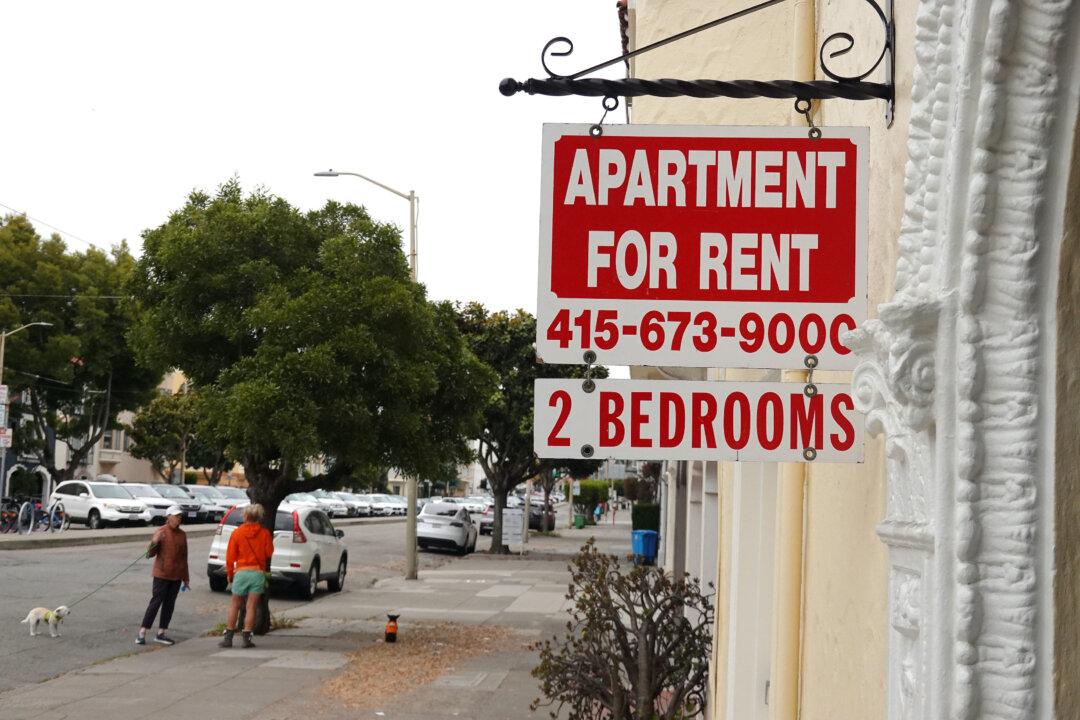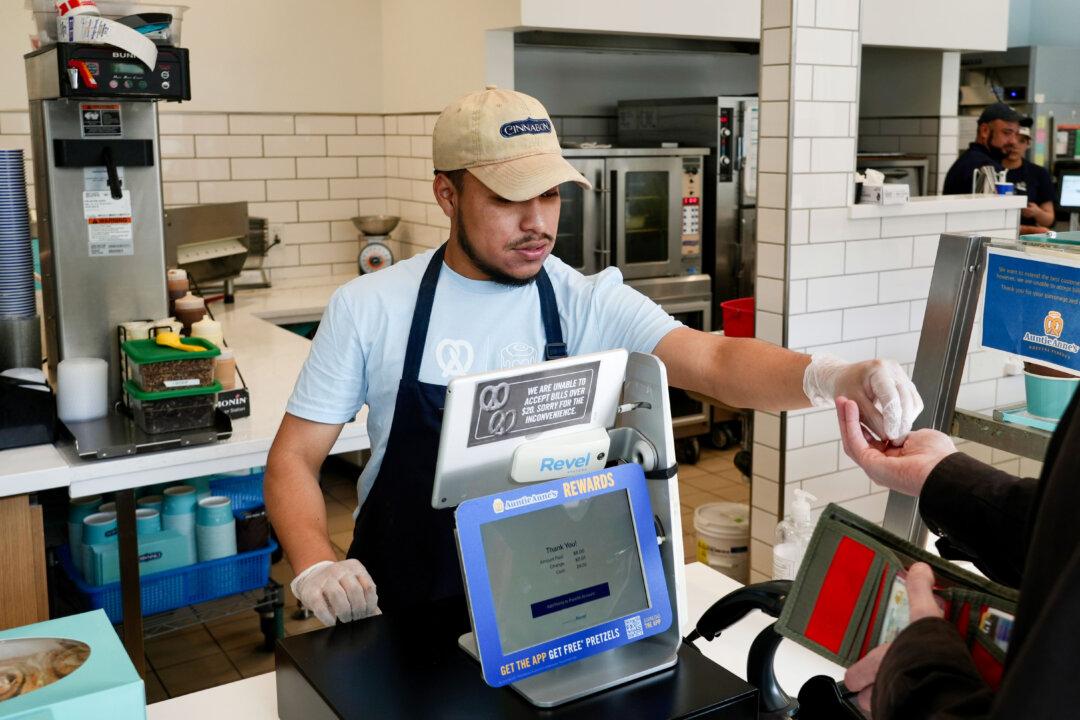In 1995, President Bill Clinton released his National Homeownership Strategy, a lengthy, 100-point plan with the eventual goal to “boost homeownership in America to an all-time high by the end of the century.” Eight years later, President George W. Bush looked at homeownership as a means of reducing racial inequality, signing the American Dream Downpayment Initiative to help first-time homebuyers land a home.
But that move brought us to the most catastrophic mortgage crisis in U.S. history, igniting the Great Recession of 2008–09, resulting in more than eight million home foreclosures. In the United States today, according to analysis by real estate services and investment firm CBRE, buying a home is now 52 percent more expensive than renting.





